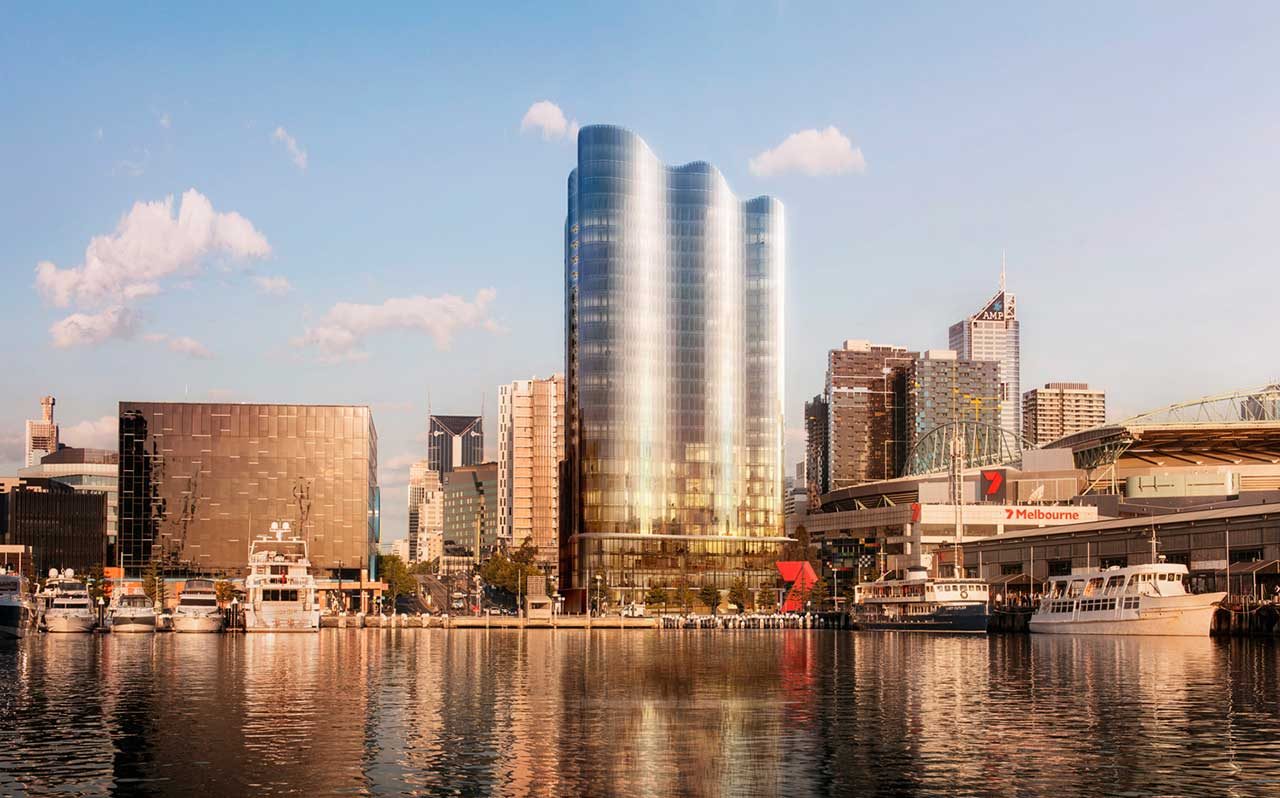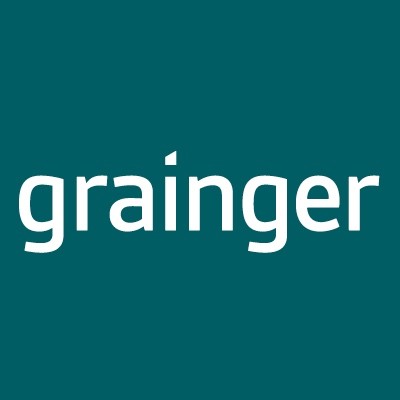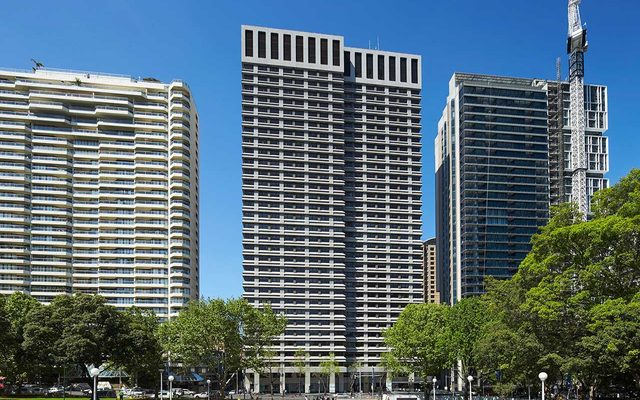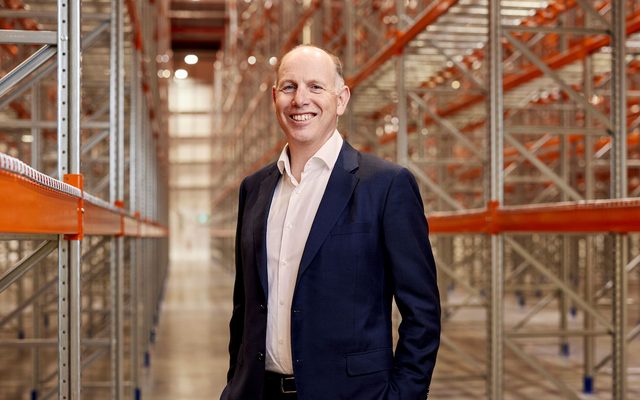This article is from the Australian Property Journal archive
ABACUS Property Group has thrown its hat into the build to rent sector, teaming up with Sam Tarascio’s Salta Properties, after a review concluded the asset class offers sustainable returns. At the same time, Abacus wants to limit its exposure to retail and residential developments.
Managing director Steven Sewell confirmed the new strategy after undertaking a review of the business.
He said the group is exploring opportunities with Salta in the fringe office and build to rent sectors, and is looking to partner with key long-term institutional capital.
Salta is developing a $330 million mixed-use project at 699 La Trobe St that will include 260 build to rent units and a five-star hotel, and plans for build to rent offerings within its recently-approved 426-apartment, $390 million mixed-use project next to its Victoria Gardens shopping centre in Richmond.
Momentum is gathering pace within the listed property arena for build to rent housing and Abacus’ announcement comes after Mirvac and the Clean Energy Finance Corporation (CECF) formed a $1 billion build to rent club last month.
Mirvac will seed the club with the 258-unit Indigo apartment project at Sydney Olympic Park.
The entry into the sector is part of Abacus’ new strategic direction to diversify its earnings. It announced full year statutory profit of $243.7 million for FY18, down 15% on the previous corresponding period, while underlying profit declined 2% to $183.3 million. Funds from operations rose 9% to $169.8 million, and the group announced a distribution of 18 cents, up 3%.
Sewell said the business review had confirm the group’s strategic direction, and resulted in an active end to the year with a number of investment acquisitions and the disposal of several non-core assets.
“This has improved the overall quality of the portfolio and sets us up well to drive higher levels of recurring earnings and deliver growth in distributions to securityholders,” he said.
Along with build to rent, Abacus is also looking to increase investment in core office and self storage properties as it scales back exposure to residential and retail property.
“The group’s capital allocation strategy will continue to target assets with much longer dated core plus developing to core strategies to ensure more sustainably growing revenue levels in the medium to long term. While we limit balance sheet exposure to the retail sector at this point in the cycle we’ll remain focused on select CBD and CBD fringe office markets which offer the best risk adjusted returns,” Sewell said.
Abacus’ third party capital joint ventures remain an integral strategic investment platform for the group.
“The group remains committed on growing exposure to the self storage sector while also ensuring the portfolio is operating as efficiently and profitably as possible. An evaluation of the portfolio occurred during the year, highlighting a portfolio of five assets as non-core due to regional concerns and limitations to future occupancy and rental growth,” Sewell said.
Sewell said the strategy towards higher than previous levels of stable and predictable recurring earnings would have several notable implications as the business recalibrates.
The Abacus board remains committed to distribution policy of 2-3% growth pa, targeting FY19 DPS of 18.5c, a 2.8% increase on FY18.
Australian Property Journal



















